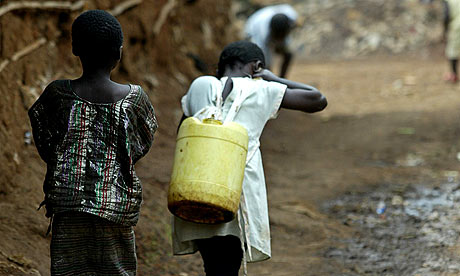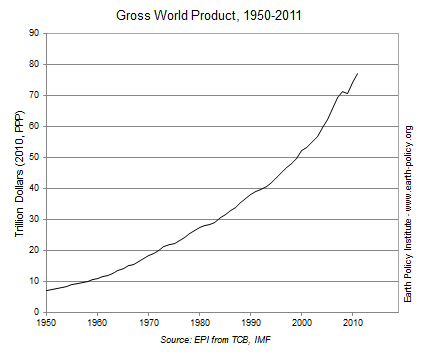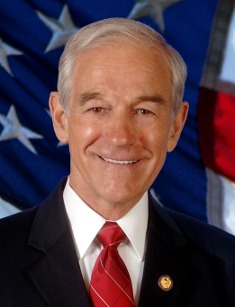The sales revenues of the world's largest company, Wal-Mart Stores Inc., are higher than the GDPs of all but 25 countries.
At 2.1 million, its employees outnumber the populations of almost 100 nations. The world's largest investment manager, a low-profile New York company named BlackRock, manages $3.5 trillion in assets -- greater than the national reserves of any country on the planet. In 2010, a private philanthropic organization, the $33.5 billion-endowed Gates Foundation, distributed more money for causes worldwide than the World Health Organization had in its annual budget.
The statistics are eye-popping, but this is no parlor game. Over the last century, the world's biggest private-sector organizations have come to dwarf all but the largest governments in resources, global reach, and influence. At the same time, even wealthy countries are now struggling with overwhelmed bureaucracies, budget crises, and plummeting confidence in government. And governments everywhere are compromised by the limitations of their own borders in an era when the issues that affect their people are increasingly transnational.
Striking the right balance between private and public power is the fundamental challenge of our age. Find the sweet spot -- prudent regulation, empowering citizens to compete, fostering economic dynamism, and fairness for all -- and your society will thrive in the 21st century. Get the equation wrong, and the results will be measured in social instability, diminishing prosperity, and declining ability to shape your destiny. Choices that seem entirely domestic in nature will have massive geopolitical consequences.
In the United States, it is the defining political issue of the moment. Is government too big, a burden to society, and a threat to individual liberties? Or is it too ineffective a protector of average people, co-opted by big business and moneyed interests? Is it contributing to the general welfare, or is it institutionalizing inequality, serving the few -- the 1 percent -- rather than the many?
In Europe, such controversies also roil furiously but are joined by an intense argument over how much power individual countries should pass on to a collective European Union, and about whose interests are best served by such collaborative governance -- a departure from the traditional idea and role of the nation-state. Ask a German and a Greek this question, and you'll get vastly different answers. More











 A number of internal documents were apparently leaked this week from conservative think tank,
A number of internal documents were apparently leaked this week from conservative think tank, 

